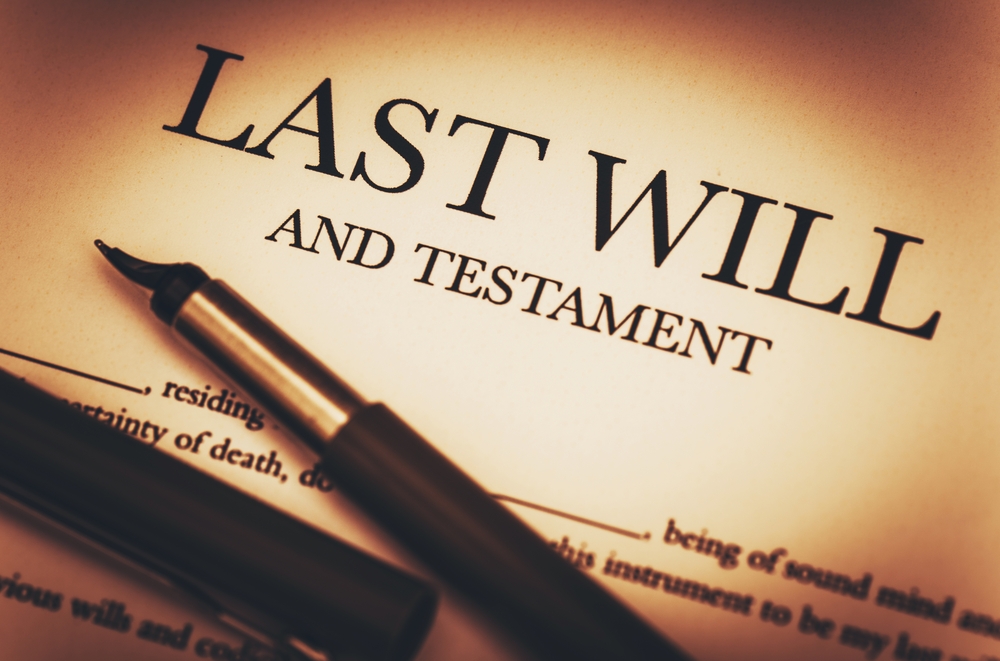
Handling a Power of Attorney When You’re Incapacitated

A power of attorney (POA) is a vital document for permitting someone else to handle your finances and legal decisions. It is especially important if you become incapacitated and can’t manage your affairs yourself. Unfortunately, many people don’t have a durable power of attorney.
When this happens, a loved one could petition the court for guardianship, or the court could appoint someone as the person’s legal guardian. That guardian would then have the authority to make medical, financial, and personal decisions on their behalf. This could become a problem if the individual petitioning the court is someone you do not want to have control over your affairs. You could avoid this as long as you create and sign a durable power of attorney in advance.
Guardianships vs. Durable Powers of Attorney
A general power of attorney ends if you become physically or mentally disabled or incapacitated. A critical detail to understand with a durable POA is that it doesn’t become null and void if you become incapacitated. The document you signed is still valid, and the court will not appoint a legal guardian.
You must meet specific requirements when drafting a durable POA. They include:
- Must be in writing
- Must be signed and notarized
- Must name a specific person to act on your behalf
- Must state how you want matters handled. For example, you should include language for what happens with the POA if you become incapacitated
A primary difference between guardianship and power of attorney is how much they cost to draft. There are typically legal fees and court costs with guardianship, making it more expensive than a POA.
Another significant difference is the ability to choose who you want to handle your matters if you cannot speak for yourself. When you create a POA, you can designate someone ahead of time, but guardianship allows a family member to ask the court to grant them as legal guardian.
What Rights Does an Incapacitated Person Have?
If you want to make changes to your durable POA or create an entirely new one to override the current one, you have the right to do that. However, you must have the mental capacity to understand what you are doing and the potential consequences of your actions. That means if you become incapacitated, you would not be allowed to revoke a power of attorney.
Texas Estate Code 1002.017 defines what it means to be an incapacitated person. If you don’t already have a durable POA and become incapacitated, state law prohibits you from drafting one. That’s because you are not of sound mind and can’t understand the decisions you’re making and how they will affect your life. At that point, a spouse, child, parent, or another relative could ask the court for guardianship.
How an Attorney Could Help
Since 1999, the Bedford estate planning lawyers of Hargrave Law, PC, have provided knowledgeable representation to people like you and families like yours. We understand how overwhelming it can be to plan for a future where you can’t make your own decisions. It’s a stressful and upsetting situation. However, having the proper legal documents in place could prevent problems down the road.
It’s possible to draft a durable power of attorney in advance so you can feel at ease knowing someone you trust will maintain your interests when you can’t take care of yourself anymore. We are happy to meet with you to discuss your needs and help you navigated this complicated process. We want to ensure you and your family have the peace of mind you deserve.
Contact Hargrave Law, PC for a confidential consultation today.






